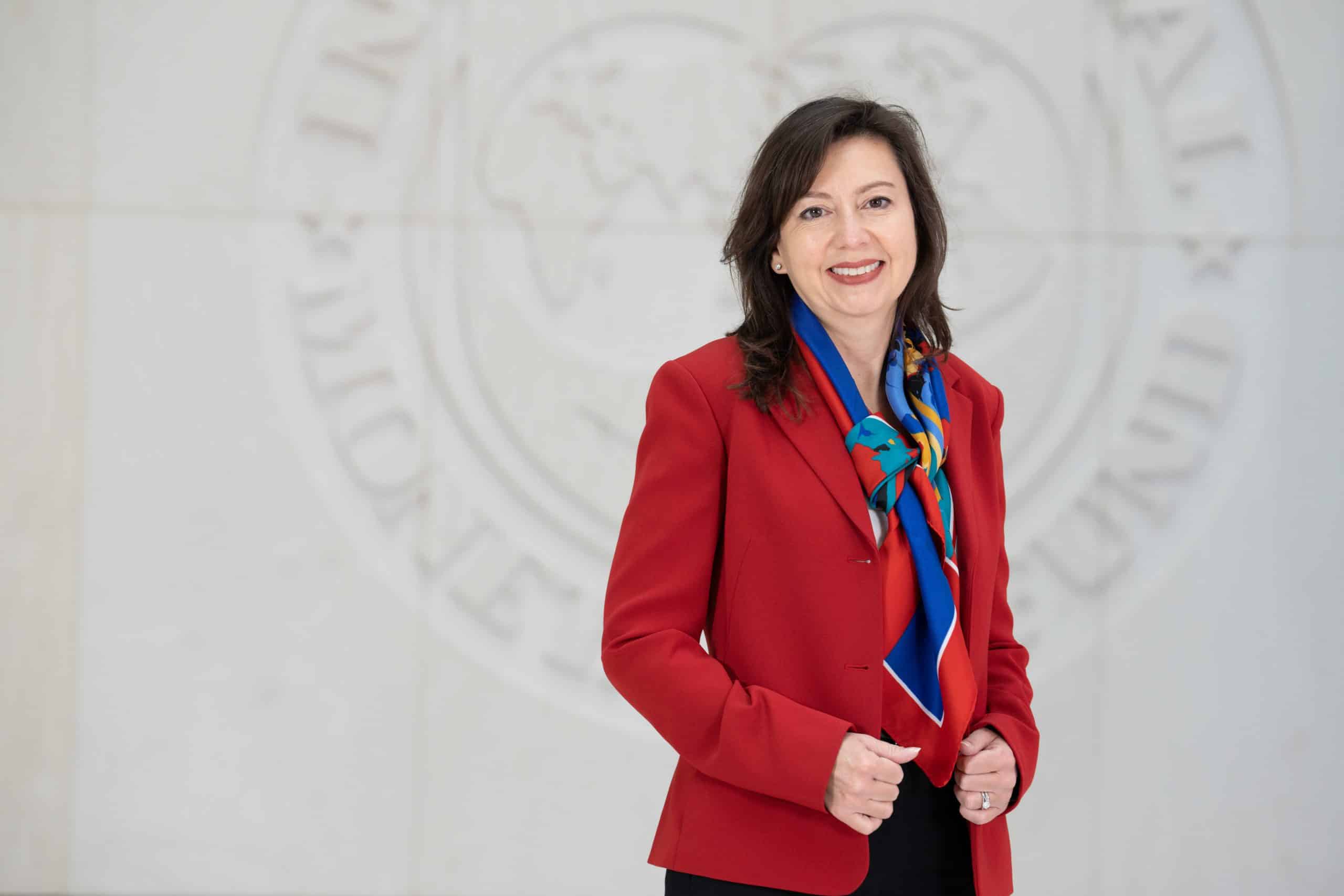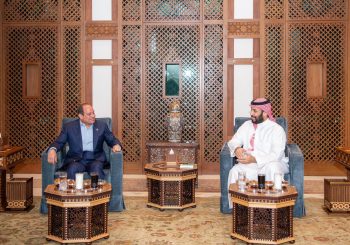The International Monetary Fund (IMF) and the Egyptian government remain in discussions over the fourth review of Egypt’s Extended Fund Facility (EFF) loan program, IMF Communications Director Julie Kozack said Thursday. Both sides are working to finalize agreements and reforms necessary to complete the review.
The announcement came after the IMF concluded two weeks of in-person discussions in Cairo, led by Ivanna Vladkova Hollar, with Egyptian authorities. The talks focused on Egypt’s USD 8 billion (EGP 397.36 billion) EFF program, which has been in place since 2016.
“Kristalina Georgieva, the managing director of the IMF, had a very constructive visit to Egypt that underscored the fund’s support for Egypt’s resilience and efforts to maintain its economic stability,” Kozack said during a press briefing.
The visit occurred amid heightened regional tensions that have impacted Egypt’s economic growth opportunities, she added.
Earlier this year, the IMF increased its financial support for Egypt under the EFF, raising the loan amount from USD 3 billion (EGP 149.01 billion) to USD 8 billion (EGP 397.36 billion). The fund also restructured its policy strategy, a move Kozack said would save Egypt USD 800 million (EGP 39.74 billion) over the next six years.
The IMF is also engaged in discussions with Egypt about a request for a USD 1.2 billion (EGP 59.60 billion) loan under the Resilience and Sustainability Facility, though Kozack declined to provide further details.
Focus on Reforms
Kozack outlined key reforms under the fourth review, emphasizing the importance of sustaining a flexible exchange rate to buffer the economy from external shocks. She also highlighted the need for monetary policy tightening to contain inflation, which has remained a persistent challenge, as well as maintaining fiscal discipline.
To stimulate growth, Kozack said, reforms must prioritize private sector expansion and accelerate the government’s divestment plans. These measures aim to level the playing field and reduce the dominance of state-run enterprises in the economy.
On the fiscal front, Kozack said reforms would focus on enhancing tax equity by broadening the tax base and reducing exemptions rather than raising tax rates. The additional revenue would be directed toward essential social programs, including healthcare, education, and social safety nets, to protect vulnerable groups facing rising living costs and higher fuel prices.
The IMF’s review comes as Egypt grapples with economic pressures, including a depreciating currency and soaring inflation, which has placed a strain on the government’s ability to maintain stability.







Comments (0)